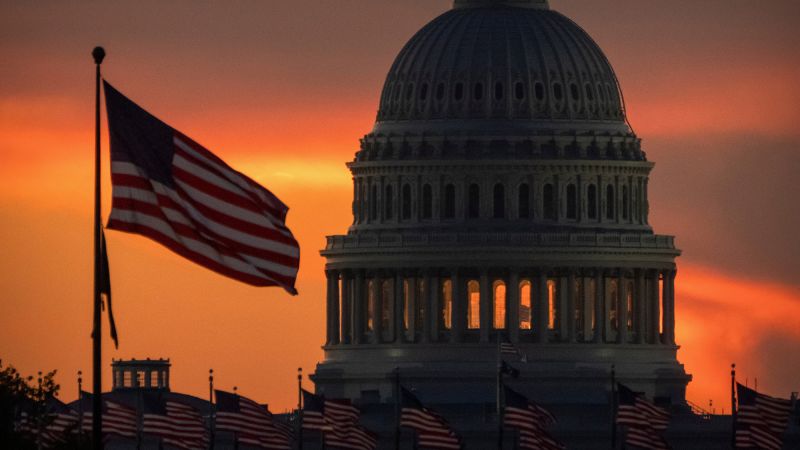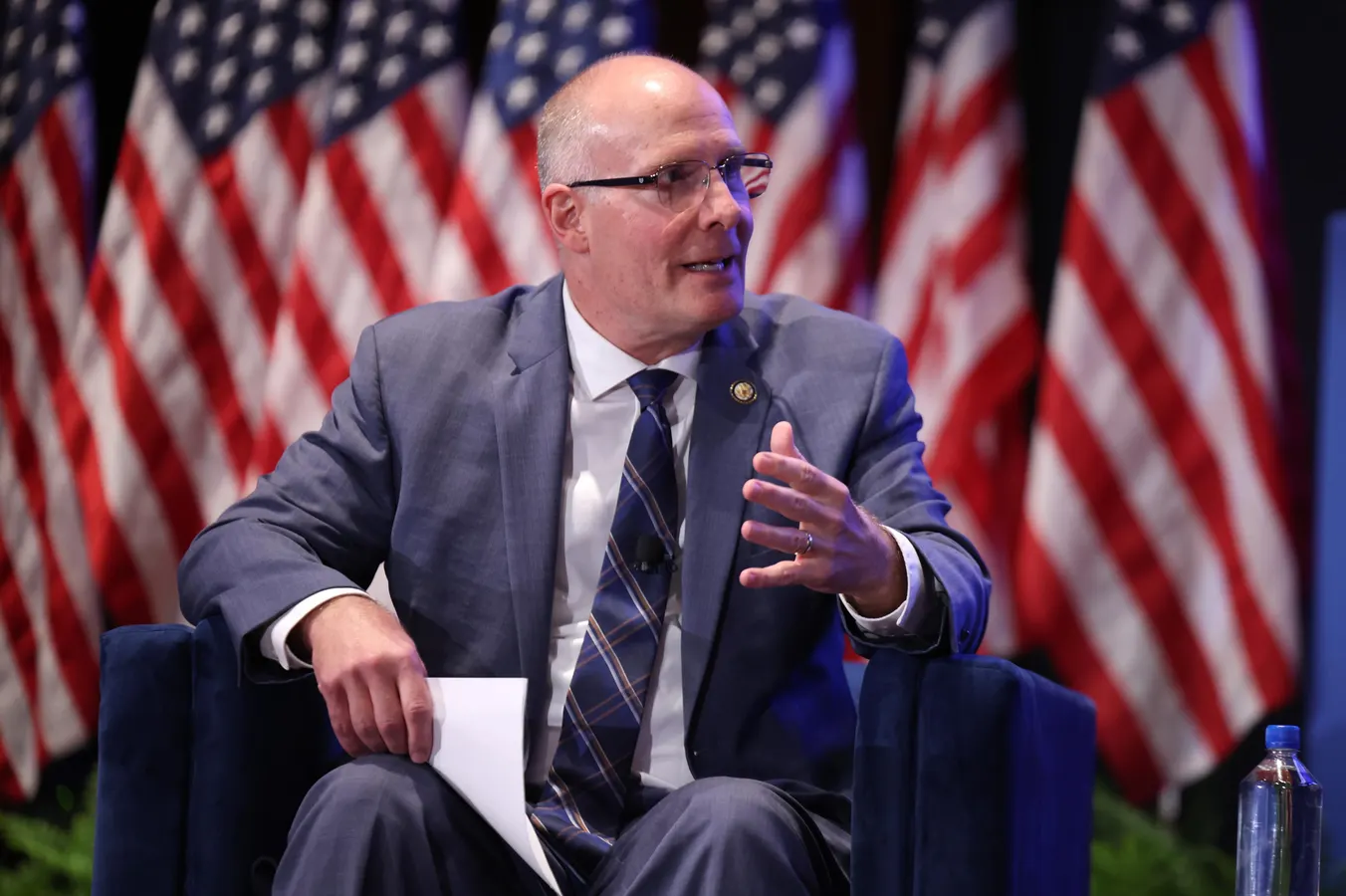
The economic warning lights are all going off.
Giant tariffs are up in the air, once again. No official economic data will come out during the government shutdown. And once the business of the US government does resume, it’s anyone’s guess who the president will tap to run the Bureau of Labor Statistics now that the administration has been forced to claw back its disastrous first pick.
Let’s step back on the off-chance that the reliability of government statistics wasn’t your top priority this week…
In normal times, when the US government is functioning, we the people are entitled to a steady stream of reports that allow us to take the temperature of the US economy. In these not-normal times, when the federal government has shut down, that data stream dries up because the agencies that produce them can’t staff their operations without funding from Congress.
That means the monthly jobs report from the Bureau of Labor Statistics, which should have landed this Friday, won’t arrive until the shutdown ends. Ditto two key inflation reports due in the coming weeks.
Without those reports, investors, policymakers and business leaders — already navigating the uncertainty of Trump’s on-again-off-again tariffs, his attempted takeover of the Federal Reserve, sporadic bailouts of select foreign nations and random social media outbursts — are flying blind.
The longer the shutdown lasts, the more indicators may be delayed, and the more uncertainty takes over. Without a full staff, the BLS can’t collect employment data, which means the September and October reports could both be delayed.
“The shutdown adds to the significant policy uncertainty and volatility that we’ve seen this year from tariffs, court cases, government staff reductions, and threats to the independence of statistical agencies and the Fed,” Brett House, a professor at Columbia Business School, said in an email Wednesday. “All of this could, at the margin, create a chilling effect on hiring and investment amongst private-sector companies that could dent growth.”
The shutdown is just the latest debacle for the BLS, an agency that has been chronically understaffed and underfunded for years.
Two months ago, Trump fired the head of the agency, Erika McEntarfer, claiming, with zero evidence, that she’d somehow rigged the numbers that made his economy look bad.
(In reality, Trump’s tariffs appear to be the biggest culprit behind the weakening of the US economy, particularly when it comes to small and medium-size businesses that lack the financial flexibility that giant corporations have to absorb the added costs. Shooting the messenger doesn’t change the data, it turns out.)
To replace McEntarfer, Trump nominated a loyalist, Heritage Foundation economist EJ Antoni.
But the White House on Tuesday abruptly withdrew Antoni’s name from consideration, as it looked increasingly like his confirmation would be a losing battle.
In addition to Antoni’s lack of experience, which concerned conservative and liberal economists alike, and his “bystander” status at the January 6, 2021, attack on the Capitol, CNN’s KFile team unearthed an old Twitter account of his that was, well, pretty gross. (The account included sexually degrading comments about Kamala Harris, anti-gay remarks, a smorgasbord of conspiracy theories and all manner of crude insults aimed at critics of Trump.)
A White House official didn’t directly address the reason for yanking his nomination, saying Antoni “is a brilliant economist and an American patriot that will continue to do good work on behalf of our great country.” The official added that Trump would announce a new BLS nominee soon.
Which brings us back to the uncertainty issue.
It almost doesn’t matter whom Trump nominates to oversee the BLS next. By firing McEntarfer, even on his baseless claim of corruption, he’s sowed doubt in independent agencies’ reliability (see also: the Fed) at the worst possible time for the economy.
Inflation is creeping higher as hiring slows — a sign that the dreaded “stagflation,” the economic equivalent of black mold in your basement, may be taking root. If Fed officials can’t see it coming, there’s little they (or anyone) can do to prevent it.
“This shutdown is not just a temporary inconvenience for American people,” said Mohammad Elahee, professor of international business at Quinnipiac University, in an email. “It represents a systemic shock … with the potential to push the US economy toward recession in 2026.”



